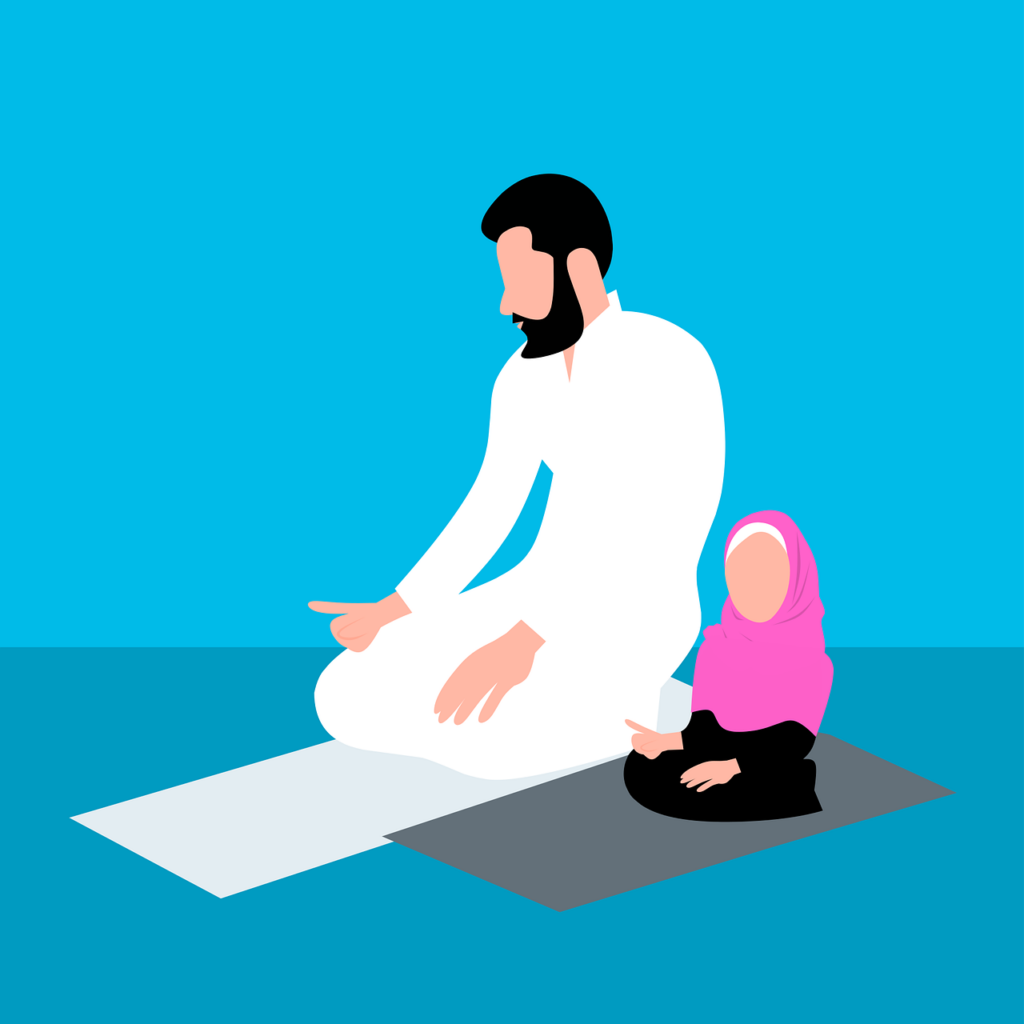The Role of Parents towards Children in Islam

The Role of Parents towards Children in Islam In Islam, the role of parents towards their children goes beyond physical and emotional care; it extends to spiritual guidance and education. Parental responsibility is considered a form of worship, where acts of love, protection, and teaching are done with the intention to please Allah. 1. Spiritual […]

